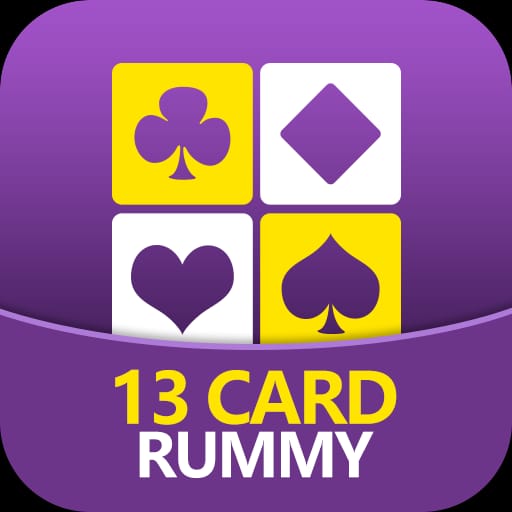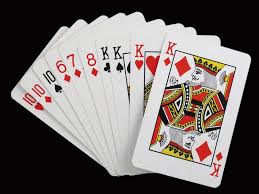13 Card Rummy, also known as Indian Rummy, is a popular variant of the classic rummy card game. This article delves into the rules, strategies, and gameplay dynamics of 13 Card Rummy, offering insights into why it remains a favorite among card game enthusiasts.
Introduction to 13 Card Rummy
13 Card Rummy is a skill-based card game that involves forming valid sets and sequences using 13 cards dealt to each player. The game combines elements of strategy, skill, and probability, making it engaging for players of all levels. Whether played socially or competitively online, 13 Card Rummy challenges players to arrange their cards in specific combinations to declare and win rounds.
Rules of 13 Card Rummy
- Objective:
- The primary goal is to arrange all 13 cards into valid sets (three or four cards of the same rank but different suits) and sequences (three or more consecutive cards of the same suit).
- Card Ranking:
- Cards are ranked from Ace (low) to King (high) in each suit.
- Dealing:
- Each player is dealt 13 cards randomly from a standard deck of 52 cards.
- Jokers:
- Wild cards or jokers can be used to substitute any other card to form sets and sequences. There are two types:
- Printed Joker: One specific card selected randomly at the beginning of each game.
- Wildcard Joker: Any randomly selected card from the deck.
- Wild cards or jokers can be used to substitute any other card to form sets and sequences. There are two types:
- Turns and Gameplay:
- Players take turns to draw a card from the open deck or closed deck (top card face down) and discard one card to the open deck.
- The objective is to form required combinations and declare by discarding one card to the finish slot.
- Valid Declarations:
- A player can declare once they have formed at least two sequences, one of which must be a pure sequence (without a joker), and the remaining cards in sets or sequences.
- Scoring:
- Points are calculated based on the cards not arranged into sets or sequences (deadwood). Face cards (Jack, Queen, King) carry 10 points each, and others carry points equal to their face value.
- The winner’s score is calculated based on the deadwood points of the losing players.
Strategies for Success
- Focus on Pure Sequence:
- Prioritize forming a pure sequence early in the game to avoid high penalty points.
- Utilize Jokers Wisely:
- Use jokers strategically to complete sets and sequences faster.
- Observe Opponents:
- Pay attention to the cards discarded by opponents to gauge their possible combinations and adjust your strategy accordingly.
- Discard Carefully:
- Avoid discarding cards that might be useful to opponents. Discard high-value cards early to minimize deadwood points.
Online Platforms for 13 Card Rummy
- RummyCircle:
- Offers a user-friendly interface, tournaments, and cash games with a large player base.
- Junglee Rummy:
- Known for its secure environment, multiple game variants, and rewarding promotions.
- Ace2Three:
- Provides a platform for competitive gameplay, tournaments, and social interactions.
Conclusion
13 Card Rummy continues to captivate players worldwide with its blend of strategy, skill, and excitement. Whether you’re a novice or an experienced player, mastering the rules and strategies of 13 Card Rummy can lead to rewarding gameplay experiences. Embrace the challenge, refine your skills, and enjoy the thrill of strategic card play with 13 Card Rummy!





